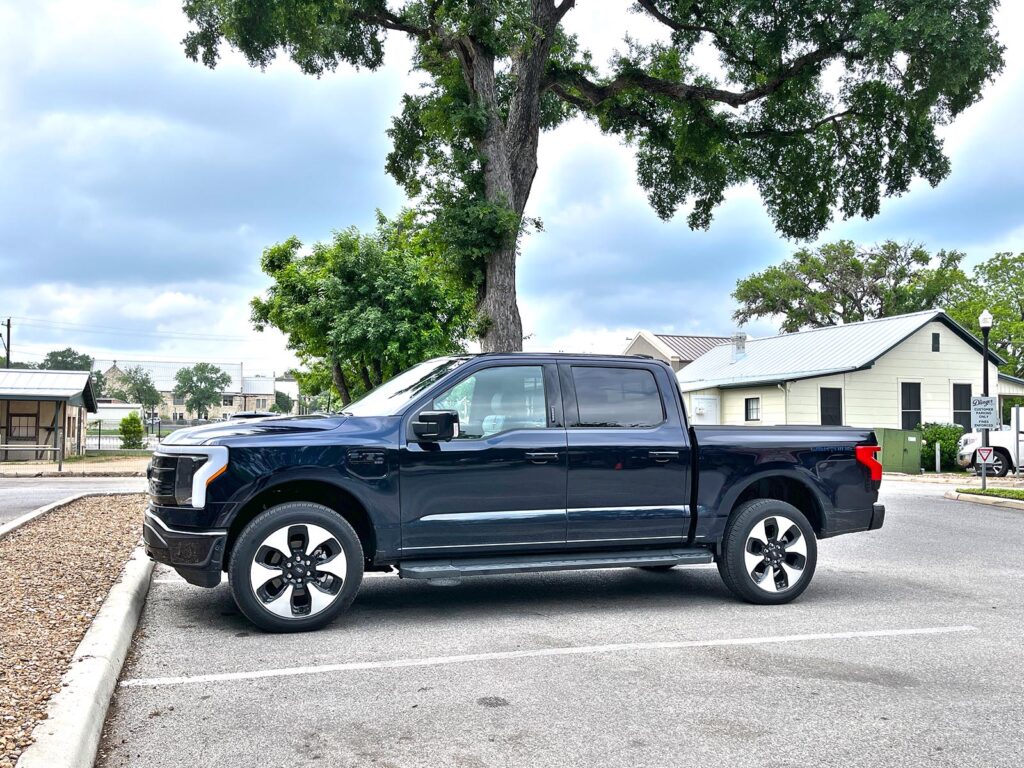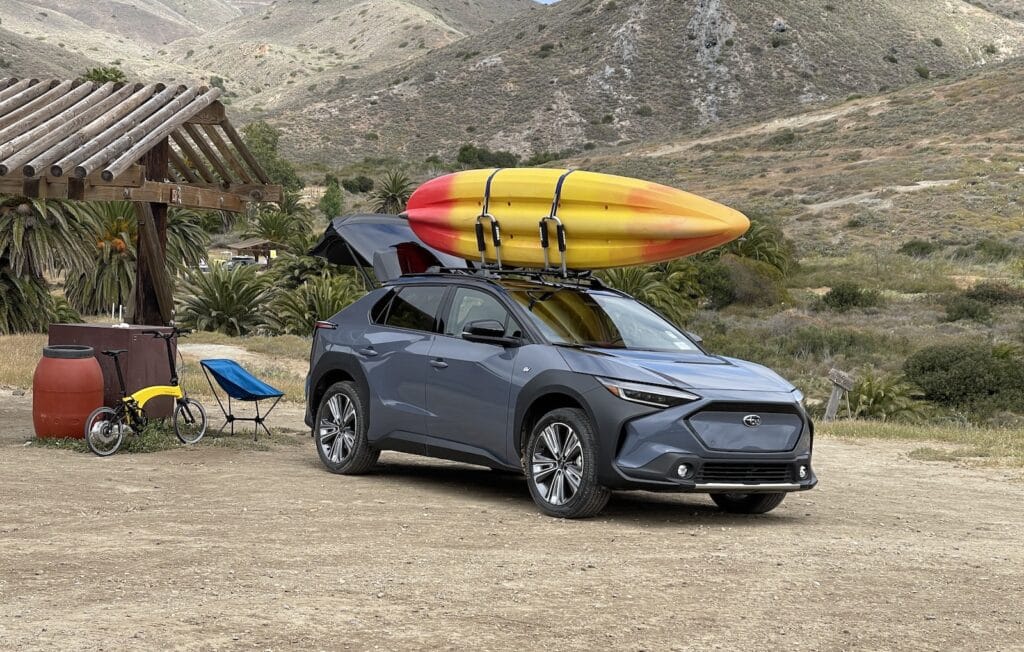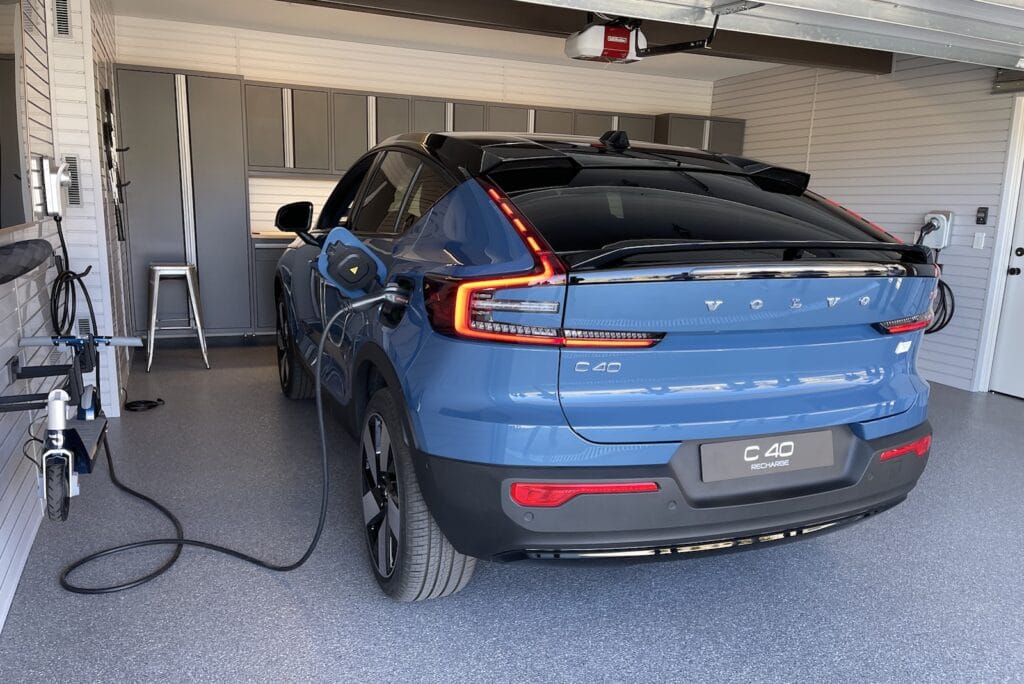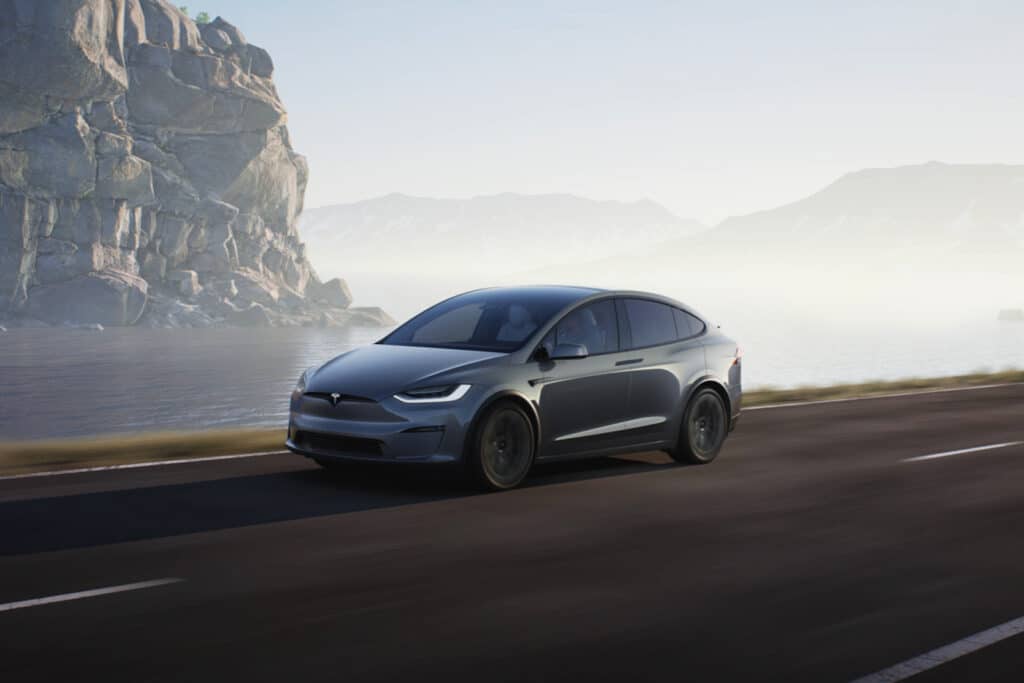More American motorists than ever are giving serious thought to going electric, according to a new study by J.D. Power, nearly one in four saying they’re “very likely” to consider a battery-electric vehicle next time they’re in the market for a new car, truck or crossover.

The surge in interest reflects the fast-growing line-up of new BEVs coming to showrooms this year, reveals Power’s 2022 U.S. Electric Vehicle Consideration Study.
“The addition of new EV models has moved the needle on consumer consideration,” said Stewart Stropp, senior director of automotive retail at J.D. Power. “In fact, several new models from perennial mass market brands are at the top of that consideration list.”
A shift in progress
The Power study also shows the more experience a motorist has with a BEV, the more likely they are to consider buying one. About half of current owners are “very likely” to consider buying another one. That drops to just 11% among those who’ve neither driven or ridden in a BEV.
The new study could be seen as something of a half-full/half-empty scenario, according to Stropp.
“Though the study findings show a shift in favor of EVs,” he said in a news release, “about 76% of new-vehicle shoppers say they are not ‘very likely’ to consider buying one. With new EV model introductions coming at a rapid pace, automakers must continue their efforts to persuade more shoppers to give these vehicles a try.”

Overcoming obstacles
There are, of course, the usually quoted obstacles, such as a higher purchase price, limited range, a lack of a nationwide charging infrastructure and slow charging times — though the latest BEVs are starting to address most of those issues.
But the EV Consideration Study identified other challenges, such as “shoppers’ living and working situation.” For one thing, among those who own their own home, 27% are “very likely” to consider buying a battery vehicle. That drops to 17% among those who rent. Homeowners tend to be more affluent, something that matters considering the higher cost for electric vehicles. But those who rent are also less likely to have a charger at home — and are less likely to want to install one.
Among those Power surveyed, 34% of those who don’t have a place to plug in at home or work say they’re “unlikely” to consider a battery-powered vehicle.

Some surprises
Heavy commuters, hit by high fuel prices, are “logical candidates” for switching to EVs which studies show have a substantially lower cost of energy on a per-mile basis.
But one surprise from the study was that “like heavy commuters, heavy road-trippers have a higher EV purchase consideration tendency than those who use their vehicles less often for this purpose,” a summary of the study noted. “It could be an indication that frequent drivers are increasingly seeing the advantages of EVs compared with their gasoline-powered counterparts.”
Other findings in the study include:
- Among premium buyers, 37% are “very likely” to consider a BEV, compared to just 21% of mass-market vehicle owners;
- The number of mainstream customers seriously considering a battery-electric vehicle rose by six percentage points since last year — the first year of Power’s EV Consideration Study;
- A lack of knowledge works against BEVs. First-hand knowledge is something that directly encourages buyers to consider going electric;
- The highest level of interest in BEVs comes along the West Coast, 31% “very likely” to consider an all-electric vehicle compared with 22% in the Northeast and North Central regions, and 26% in the South.

Tesla trouble
Surprisingly, Tesla owners showed somewhat less interest going into a BEV next time than owners of some other premium vehicles. It isn’t clear if that reflects the brand’s ongoing quality issues or, as a few researchers have suggested, there may be “Tesla Fatigue” setting in.
“Tesla remains a dominant player, but new-vehicle shoppers are proving quite willing to consider EVs from legacy brands,” Stropp said.
The overall results of the new study should buoy the hopes of automotive industry leaders who have committed more than $500 billion to shifting to electric propulsion over the course of this decade. It also underscores recent sales data finding BEV sales surged 81% in the U.S. last year. Demand rose another 60% during the first quarter of 2022, even though the overall market for new vehicles fell 18 percent.
Now in its second year, the J.D. Power 2022 U.S. Electric Vehicle Consideration Study measured responses from 10,300 U.S. motorists between February and April.








I live in a Condo Apartment where there is no plug-in provided and there is no economically viable solution to install one. My next car will be a Hybrid, where at least I won’t have range anxiety.
Until chargers are essentially ubiquitous, many folks will be in your position, Dave. On the plus side, a number of apartments and condos are now installing chargers so that owners and renters will also have the benefit of starting each day with a topped-off battery. One of our editors is working with his condo association to do this. Have you approached yours?
Paul E.
yes and those same apartments will charge extreme rates for you to charge. also the tax loss to local government’s will make them seek new ways to raise tax already some towns charge more for ev and hybrids .. 3 and sorry but most of working class American families have 2 cars and they are not 45K+ vehicles. sorry but ev’s will not be mainstream in your lifetime in the usa
No, towns do not charge more as they don’t tax gas (with a few, rare city exceptions). BUT a number of states already are adding to registration fees for hybrids, PHEVs and BEVs — as we’ve reported — to make up for lost gas taxes. Expect to see more of that.
And sorry to disagree, but EVs will continue gaining traction and very well could hit 50% this decade. I am stunned by the number of folks I know who are buying them. (And I have my first coming this summer.) Key, which get to your point, will be bringing down prices. GM plans to launch a $30,000 Chevy Equinox and is looking to get below $30,000 with its partnership with Honda (which will target the same goal). I expect to see numerous sub-$30,000 models by 2025.
Paul E.
We have looked into it. We are looking at a cost approaching $100,000. The unit owners would certainly not approve such an expense when put to a vote. Although I presume eventually we will have to go that route. We need more government incentives to help with the cost and perhaps they might be coming.